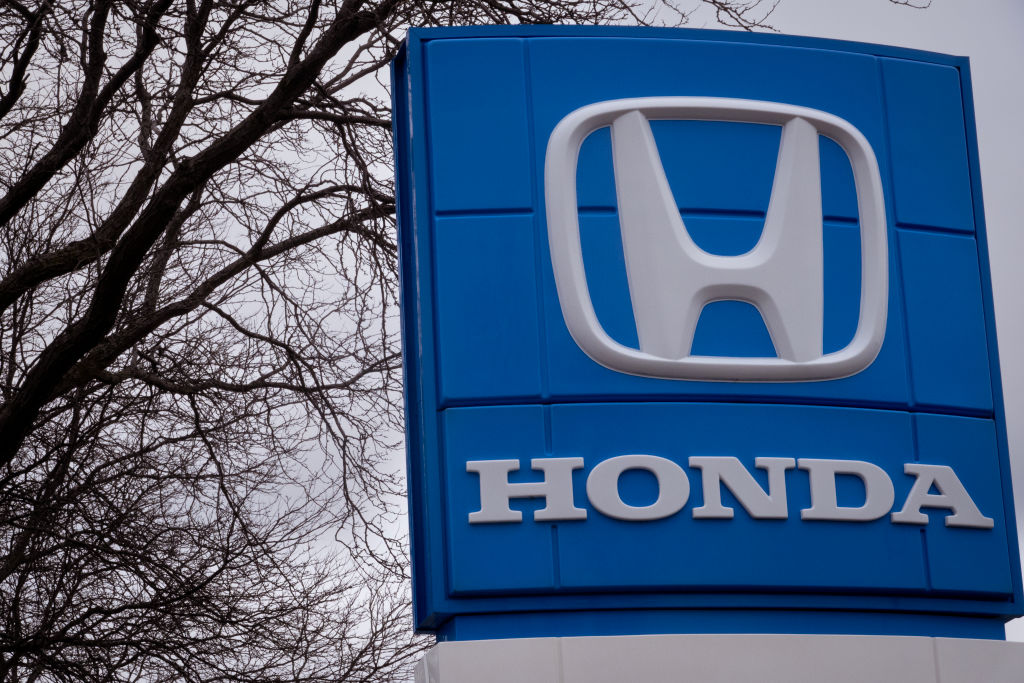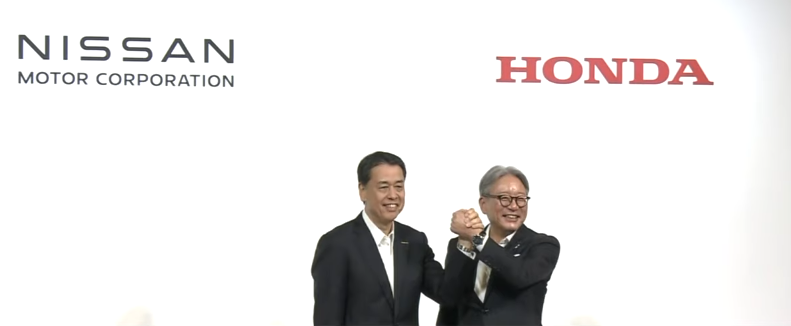
Nissan, Honda Considers Merger to Make Larger Splash in Car Industry
Two Japanese motor companies, Honda and Nissan, could have begun talks about the merger to form the world’s third-largest carmaker group by volume.
A local news publication Kyodo News reported on Wednesday (Dec. 18) that Japan’s second and third-largest auto companies are undergoing talks to consider the possibility of creating a holding company in response to the growing threat of electric vehicles (EVs) from companies like Tesla in the United States and BYD in China. Any announcement from such negotiations could be made as early as Monday next week (Dec. 23).
In a statement, Honda, Nissan, and Mitsubishi (partly owned by Nissan) said they were “considering various possibilities for future collaboration.” However, they have yet to make any concrete decisions.
“We are considering collaboration. Other possibilities are also being considered, but nothing has been decided,” Honda president Toshihiro Mibe said.
It is understood that Taiwanese electronics firm Foxconn has been offering to acquire Nissan to upgrade the two firms’ strategic partnership in developing automobile technology. Nissan and Honda’s merger negotiations was considered to discourage a Foxconn buyout.
The Associated Press reported that Nissan’s share price rose to almost 24% at the Tokyo Stock Exchange after a brief pause in trading, while Honda’s share price dipped by about 3%.

Honda-Nissan Merger Background, Implications
Honda and Nissan are currently the world’s seventh and eighth-largest automobile companies in 2023. If the merger pushes through, they will hypothetically become the world’s third-largest carmaker with a net worth of US$55 billion, just behind Toyota and Volkswagen. A Honda-Nissan merger would also capitalize on Honda’s current collaborations with the Sony Group and General Motors and Nissan’s corporate alliance with French carmaker Renault and the popularity of the Mitsubishi brand.
Nissan also has a production assembly line for trucks and an experience in making EVs and batteries for such vehicles, capabilities Honda lacks. Honda, on the other hand, was founded as a motorcycle manufacturing company which diversified into four-wheeled motor vehicles in the 1960s.
The speculated merger was further seen as a way to recover from slumping car sales in China and the United States with the advent of electric vehicles from the niche’s respective top players, BYD and Tesla, prompting Nissan to announce in November its plan to cut around 9,000 jobs and reduce its global output by 20%.
Another factor that could prompt considering a merger is the proposed import tariffs on all foreign products by US President-elect Donald Trump.
Nissan also faced corporate integrity issues in recent years after its former chairman Carlos Ghosn was dismissed from the company after he was arrested for alleged financial misconduct in 2018.
Ghosn was eventually released on bail and fled to Lebanon.